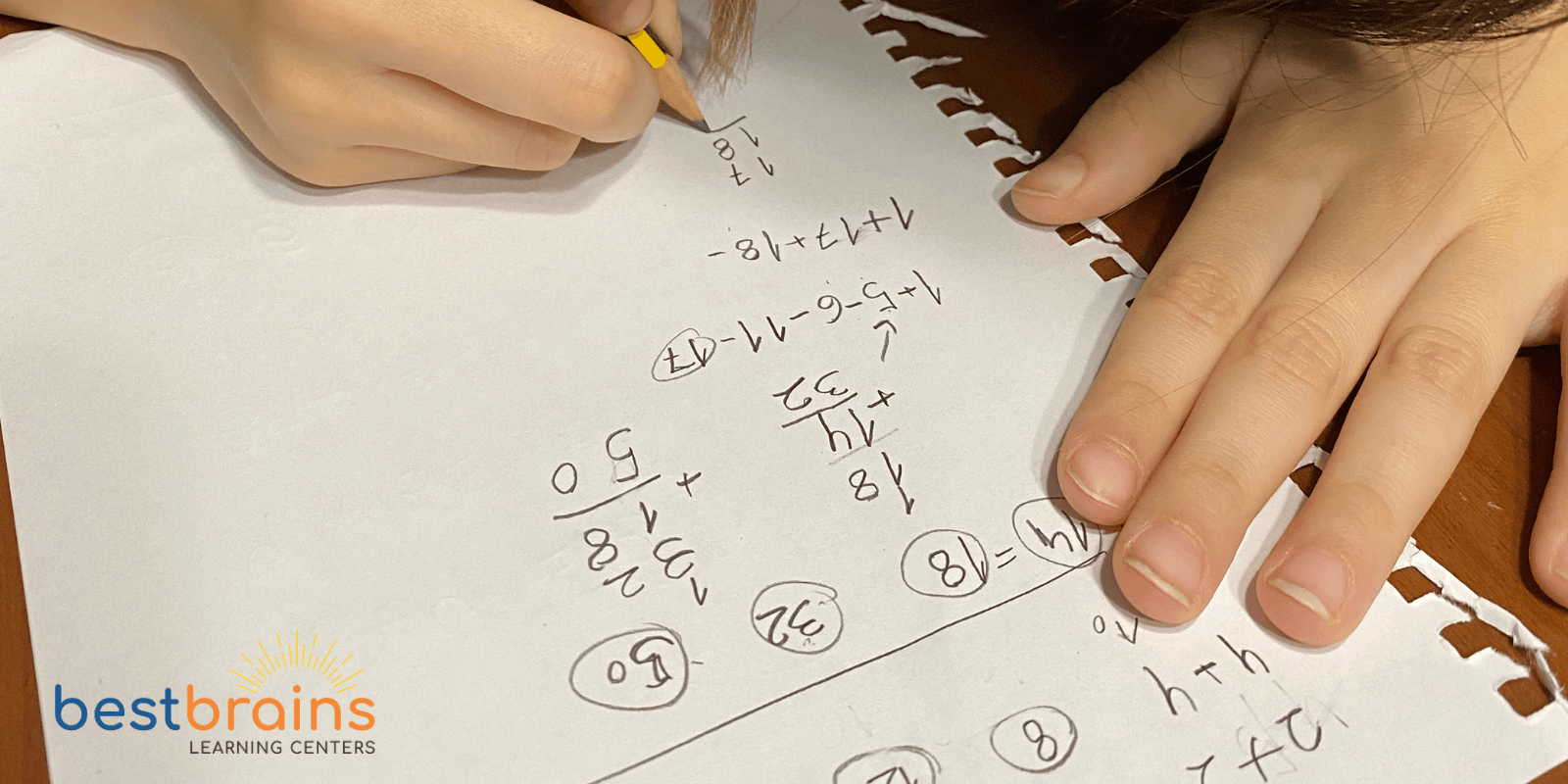Mechanicsburg
Fall Report Cards Are Coming—What Should You Really Be Looking For?
Fall Report Cards Are Coming—What Should You Really Be Looking For?
The end of the first marking period is almost here, and that means report cards are coming home soon. For many families, this is the first formal look at how the school year is going. But report cards don’t always tell the whole story—and knowing what to look for can help you support your child’s learning before small concerns become bigger struggles.
At Best Brains Mechanicsburg, we help families decode the data, understand the trends, and build a plan for lasting success.
1. Look Beyond the Letter Grade
A grade is a snapshot—but it doesn’t always explain why your child is doing well or struggling. Ask yourself:
• Has your child needed lots of help to earn that grade?
• Are they confident, or do they show signs of frustration or avoidance?
• Is this grade consistent across subjects, or is one area starting to dip?
Sometimes a “B” hides a lack of confidence, while a “C” may reflect missing foundational skills. Either way, this is a good time to dig deeper.
2. Pay Attention to Teacher Comments
Teacher comments are often the most insightful part of a report card. They can reveal:
• Issues with focus or task completion
• Gaps in reading or math fluency
• Concerns about confidence or participation
• Strengths that deserve more challenge
If your child is coasting or struggling, that comment might be your first clue.
3. Notice Patterns, Not Just Problems
One low grade doesn’t necessarily mean there’s a problem—but a pattern might. For example:
• Are math grades slipping every year around this time?
• Is your child stronger in reading but avoids writing assignments?
• Are homework habits becoming a source of stress?
These patterns tell you more than a single test score—and they can help you know when to take action.
4. Use Report Cards as a Launchpad, Not a Label
Report cards aren’t a final judgment—they’re a starting point. Use them to start conversations:
• “What are you proud of this quarter?”
• “Was anything harder than you expected?”
• “What do you want to improve before winter break?”
At Best Brains, we use our free diagnostic tests in the same way—to identify strengths, uncover learning gaps, and create a plan that builds confidence and consistency.
How Best Brains Supports Success After Report Cards
Whether your child is:
• Struggling with grade-level material
• Bored and unchallenged
• Somewhere in between...
We offer weekly instruction in Math, English, Abacus, and Coding taught by certified teachers, using a booklet-based curriculum designed to reinforce skills and encourage growth.
Fall is the best time to act—before the next report card rolls around.
Call us today to schedule a free diagnostic test and give your child the support they deserve.
Sources & Further Reading
1. GreatSchools.org. (2020). How to Read a Report Card: A Parent's Guide. https://www.greatschools.org/gk/articles/report-cards/
2. National PTA. (2021). Understanding Your Child’s Report Card. https://www.pta.org/home/family-resources/Parents-Guides-to-Student-Success
3. Mindset Scholars Network. (2018). Using Grades to Motivate and Support Student Learning. https://mindsetscholarsnetwork.org/learning-mindsets/
4. Harvard Family Research Project. (2010). Parent–Teacher Conference Tip Sheets for Parents. https://archive.globalfrp.org/var/hfrp/storage/fckeditor/File/Tip%20Sheet%20-%20Parent.pdf
5. Understood.org. (2022). Report Card Red Flags: What to Watch For. https://www.understood.org/en/articles/report-card-red-flags




